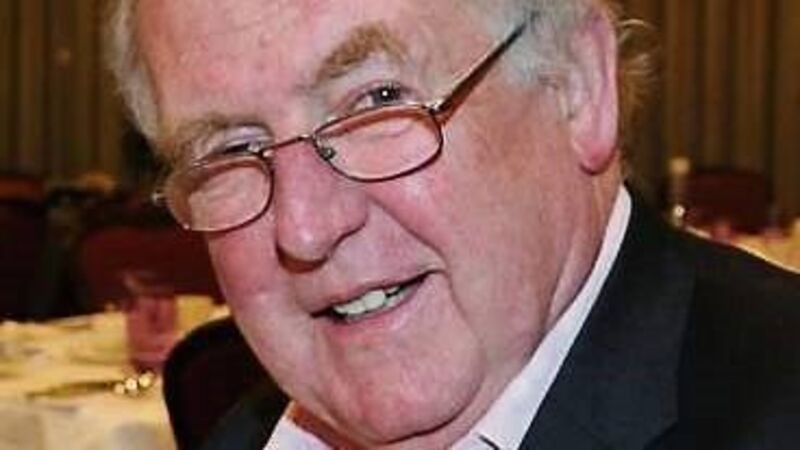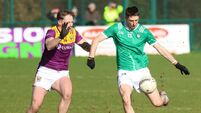Time to clean up the GAA sidelines, urges Dr Con

Dr Con Murphy has questioned the need for a maor foirne on the sideline and believes the GAA must take a leaf out of rugby’s book during games.
Medic to Cork teams since 1976, the highly-regarded Murphy has long been an advocate of making the sidelines a quieter place and appreciates there is now a willingness to do so following a series of high profile brawls which have involved substitutes and management officials.














